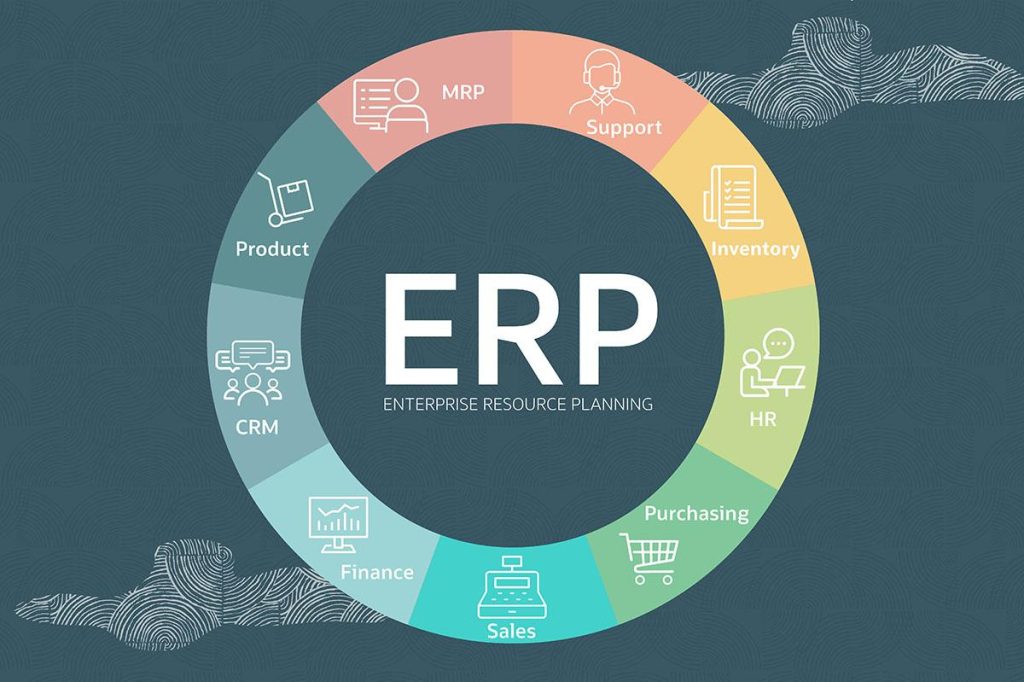Whether you have heard it by chance, or have some idea of what it is, you may still be wondering about ERP and its benefits. Whether you own a small business or a large corporation, you have come to the right place to learn more about ERP. Here is a guide on ERP and how it can benefit you and your business!
What is ERP?
ERP is the acronym for Enterprise Resource Planning, which refers to a platform that can help businesses manage business processes by centralising the data and automating tasks. ERP software can integrate processes, like finance to customer relationship management (CRM), with the ability to integrate all processes in a single unit – or, only integrating an aspect of the overall business process.
Most ERP softwares are customisable, allowing seamless integration and an easy to use interface for businesses. As such software has evolved over the years, you can find many ERP platforms to be cloud-based, with businesses only needing to download the software or log into an online portal to be able to use it.
Who ERP may not be for
It is worth noting that ERP may not be efficient for every business – although ERP has adapted to be suitable for medium and small-sized businesses, very small businesses with a low budget may not reap the benefits of ERP as much. Implementation of an ERP software can be fairly expensive, with maintenance, additional add-ons, and even any training.
However, once that business starts growing, and with it, internal disruptions, then a comprehensive ERP system is thus more advantageous for them to better manage their business processes.
Ways in which it can benefit you
If you have decided to implement ERP software for your business, great choice! If you are still deciding, here is a list of some of the benefits that accompany having an ERP platform for your business:
- Boosts business efficiency – since ERP softwares can automate processes, this can decrease the workload on your employees, which then gives them more time and productivity for other important tasks. Softwares like Xelix for instance, is an accounts payable (AP) ERP, which can automate AP processes such as audits, in turn saving employees having to manually audit.
- Improved reporting – ERP offer enhanced reporting tools which provide accurate (sometimes even real-time) reports that can help businesses with further planning or budgeting. Companies can gather insights for improved resource management to guide them for any future challenges or to make effective decisions.
- Cost-effectiveness – ERP systems can prove to be a worthwhile investment when used accordingly. ERP can help to prevent disruptions and delays (that makes the business lose out on money) by streamlining operations – enhanced invoicing tools may help to bring in cash quicker as well.
- Better data security – data can be visible to all members of your business, saving employees time from having to create multiple spreadsheets. With its customisation options, you are also able to control who sees and edits the data. There is better data security using ERP as the system usually has a layer of security, ensuring backups are created and the servers are protected.
And there you have it – all the basics you need to know about ERP and how it can benefit you.
